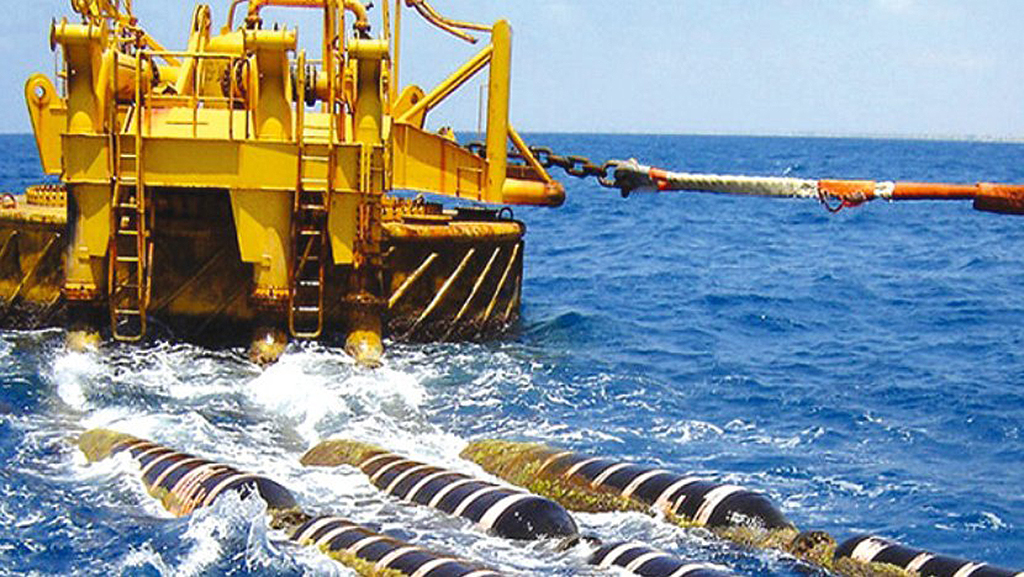A red flag analysis over the Great Sea Interconnector (GSI) project has dampened prospects for its viability, as it questions whether it can actually lower energy costs for consumers.
“It is unclear whether the development and utilisation of the GSI will ultimately decrease the cost of electric power for Cypriot consumers,” the analysis carried out by Charles River Associates and seen by the Cyprus Mail on Monday said.
“We find that it is unclear whether the GSI represents the optimal solution for Cyprus to 1) meet renewable energy targets and 2) lower costs to the Cypriot consumers.”
The GSI is a proposed 1GW, 500kV line spanning 898km between Cyprus and Greece, with a second 310 km segment planned to connect Cyprus to Israel, for a total of 1,208km.
The project is intended to address Cypriot isolation from the European electric system and alleviate its dependence on oil for electric power generation, which accounted for 83 per cent of total generation in 2022.
The report said a comprehensive analysis of the effect of the project on system reliability “is lacking, and there is no assessment of how the Cyprus to Israel connection (if built) will affect the commercial outcomes of the Greece to Cyprus connection”.
Additionally, renewable energy benefits associated with the GSI “could be muted as solar power produced in Greece could offset anticipated solar power produced in Cyprus”.
Depending on power market dynamics in Greece, Cyprus and Israel, anticipated potential wholesale power price reductions in Cyprus could be impacted.
The analysis expressed concern over the Nexans contract. “It provides a robust outline for delivering the work, but a number of clauses leave open opportunity for cost increases and liabilities to the project sponsors.”
It described the financial model as one that “generally functions as expected but suffers from poor or unsubstantiated assumptions”.
“We find that potential damages and cost overruns have not been fully estimated based on what has been presented in the Nexans contract and the impact of these potential cost overruns has not been represented in the financial model.”
It suggested that to better understand the value of the project for the Cypriot people, a cost benefit analysis from Cyprus’ standpoint should be carried out, to “determine whether GSI represents the most appropriate solution to meet the Republic of Cyprus’ goals”.
Capital expenditures differ between the Nexans contract, the cost benefit analysis, and the project’s financial model, the analysis said.
“A lack of alignment in the exact cost schedule could result in unexpected costs for the project sponsors.”
The report was requested at the behest of the government, as it aims to assess the pros and cons of buying into the project.






Click here to change your cookie preferences